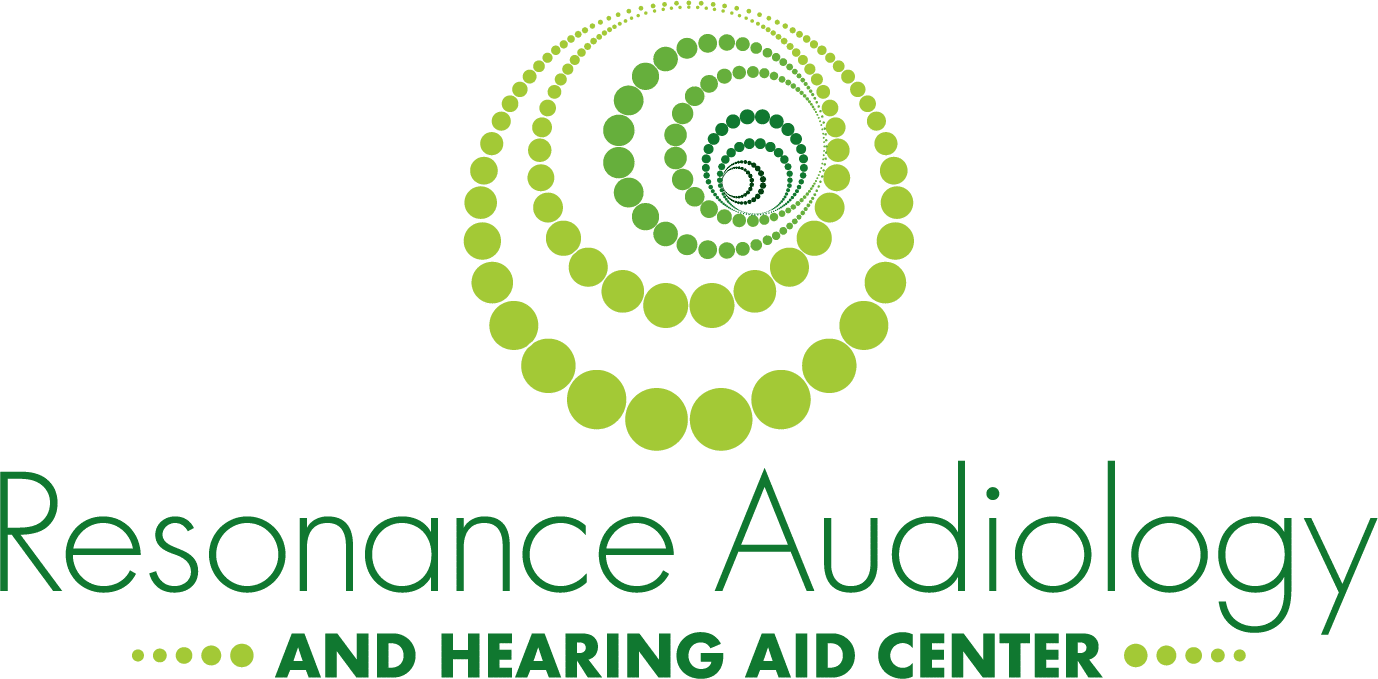Is Hearing Loss Hereditary?
At Resonance Audiology, we believe that having a good understanding of different hearing problems and causes for hearing losses can empower those affected to make informed decisions about which hearing aid or therapy they should choose.
One of the questions we often get is whether hearing loss is hereditary.

Hearing loss has many causes, and some forms of hearing loss are genetic and hereditary.
Genetic factors also make some people more predisposed to hearing loss due to ageing or induced by noise, drugs or infections. Some 35-55% of age-related hearing loss is genetic.
Hearing problems caused by gene mutations can cause hearing loss in several ways, one of which can be inherited.
Inherited deafness can be present when a baby is born, and many different genetic mutations can cause it. Parents and guardians do not always realize right away that the babies have hearing loss or are deaf.
Inherited deafness can also develop over time during childhood or adulthood, but according to the American Hearing Research Foundation, about 1 out of every 1,000 – 2,000 births involves congenital deafness.
Some cases of genetic deafness are a part of a disorder that causes other disabilities, but more than 75% of congenital deafness is caused by recessive autosomal genetic condition.
Hearing loss that is present at birth and not accompanied by other symptoms is called Nonsyndromic Deafness.
When someone has other health issues present, such as problems with vision, balance, or even heart problems, hearing loss present at birth is referred to as syndromic. About 30% of inherited hearing loss is associated with a syndrome, including DiGeorge Syndrome, Treacher-Collins Syndrome, and Usher’s syndrome. One of the most common disabilities that occur with Syndromic Inherited Deafness is vision abnormalities; other developmental delays may also be a part of the genetic inheritance.
Scientists have identified several inherited genes to be the cause of hearing loss later in life; for example, the DFNA10 gene, which causes progressive hearing loss later in adulthood.
Some gene mutations run in families, so if more than one person in a family has hearing loss, it’s said to be “familial”. If someone has a family member who has hearing loss, that does not necessarily mean they will inherit it – several other factors are associated with a higher likelihood of hearing loss, such as exposure to loud noise, high blood pressure, heart problems, diabetes, and smoking. Plus, even if one family member has it, not every family member inherits the gene mutation, and some gene mutations that result in hearing loss only affect males, while others impact females.
When someone is born with a genetic disorder that causes deafness, it is important for the individual to undergo thorough evaluations with ear, nose and throat specialists and audiologists. An early diagnosis helps to get early intervention, which may include speech therapy, hearing aids, surgery for cochlear implants, and other services to help the child reach their full potential.
Sensorineural Hearing Loss (SNHL) is a type of genetic or hereditary hearing loss, caused by damage to the inner ear, or to the nerve pathways from the inner ear to the brain. Typically, this type of hearing loss is permanent and irreversible, and the only solution for most people to improve their ability to hear is to use hearing aids.
Scientists around the world are making new discoveries on the role genetic mutations play in hearing loss, and performing numerous experiments with gene therapies as one of the ways to treatment hereditary and genetic hearing loss.
Our expert audiology doctors are here to help you with a comprehensive audiologic evaluation and hearing exam, and selecting and dispensing the hearing device best fitted to your personal, professional, cosmetic and financial needs.
Contact Resonance Audiology & Hearing Aid Center, LLC today at one of our three offices in Lancaster or New Holland and learn more about hearing loss, hearing evaluation, assistive listening devices and the superior audiology services and solutions.
